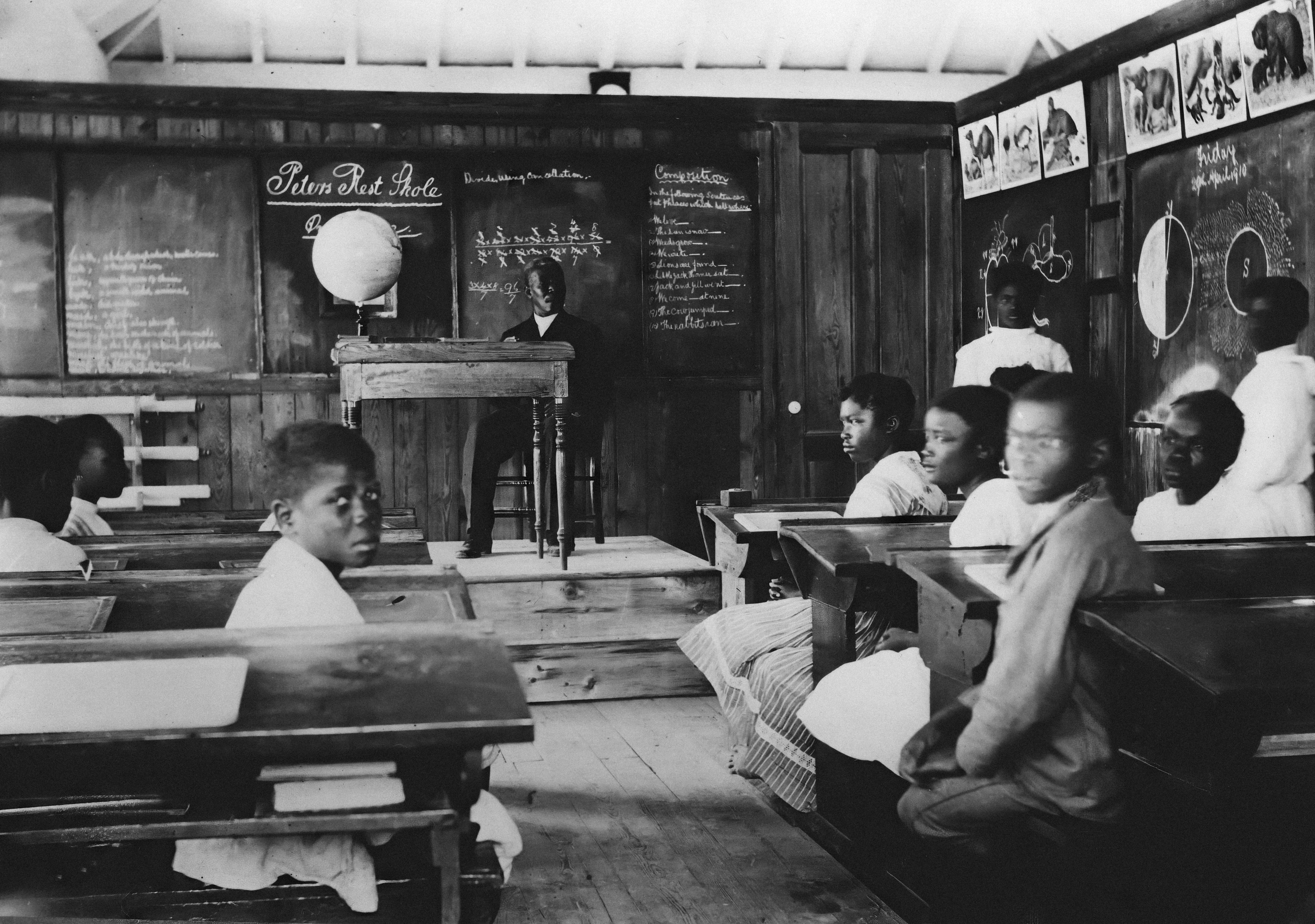
How School Proprietors Manipulate Teacher Salaries in Private Schools
Teachers prefer to work in private schools because of higher salaries and better working conditions. Majority of private school teachers find difficulties in receiving their salaries on time.
School owners cheat their teachers by using various ways to cut their income. School owners slash salaries without notice while delaying salary payments and assign extra work beyond normal duties.
Teacher motivation and financial stability suffers from such actions that’s why they find it hard to focus in their work.
Private school teachers do not have access to strong labor unions that could protect them. Private school teachers receive payment only through the benevolence of their school administrators and not through the standardized salary system of government teachers.
The power of employment allows some school owners to slash wages below teachers’ deserving rates. Unjustified salary deductions and deceitful salary promotion and arbitrary dismissal of contracts are additional challenges faced by private school teachers.
How School Proprietors Manipulate Teacher Salaries in Private Schools
The article will reveal some of the many ways school owners reduce teachers’ salaries and what can be done about it. Teachers who teach quality education need fair pay to avoid financial burdens.
1. They Pay Less Than Agreed On Paper
Many teachers take up a job because they agreed on a specific pay rate during hiring. The pay promised to teachers during hiring usually goes down after they start working. Owners use financial problems and unexpected costs as reasons to pay teachers less. Between their current teaching position and other employment options teachers remain since they have no choice but to settle for less pay.
2. Delayed Staff Salary
School teachers often face delayed salaries amidst other work issues. Educational institution owners delay teacher salaries because teachers usually have to wait for many weeks before they get paid. Owners create various reasons why employees get delayed pay such as insufficient student enrollment or late fee collection from parents or unexpected school costs. Teachers face unfair situation since they cannot manage their basic financial needs or support their loved ones.
3. Salary Being Dedued Unfairely Through Unnecessary Excuse
Teachers receive unnecessary deductions from their salary by owners without proper justification. Owners have the authority to deduct funds from teachers’ income because of late arrival and student record errors and property damage although the teacher did not cause these issues. Employees receive deductions without warning or explanation of the reason behind the deductions.
4. Schools Increase Workload
Teachers in private schools often face situations where they are forced to do extra work beyond their agreed upon work load. The assigned teacher starts their job teaching one subject only to discover extra courses and supervision tasks on top of administrative tasks without any additional pay. One common tactics of owners is to declare that their additional work objectives support school expansion.
5. Avoiding Employment Benefits
The practice of withholding pension and health insurance and leave allowances exists among many school owners. The long time of teacher employment does not produce any long term benefits for them. Teacher sickness or request for time off becomes a situation where they either face unpaid leave or job termination.
6. Staff Contract Gets Terminated Without Prior Notice
Private school teachers are at risk of being terminated without their contract. A school owner can terminate teaching staff without giving them their last wages or final pay benefits. This will happen to a teacher when they demand fair pay benefits from their employer or disagree on salary deductions.
What will Be The Negative Effects on Teachers
1. Financial Hardship
Teachers whose salaries are not fully paid face extreme difficulty meeting their basic needs. The financial situation of teachers becomes tough because they don’t have enough money to pay rent or buy food or take care of their kids. Financial survival forces some teachers to borrow which results to financial stress and debt problems.
2. Low Motivation
Teachers become disengaged from their work when they receive low salaries and lack of professional recognition. When teachers don’t give their best teaching, they create student learning problems. The accomplishments of unhappy teachers tend to decrease their commitment to stay in their current school.
3. Most Will Quit
Most private school teachers look for better opportunities elsewhere and decide to leave their current job. Research shows that low teacher pay causes schools to have high staff turnover which affects educational stability and quality. Continuous change of teacher personnel affects students because they need time to adjust to new classroom environment.
4. The School Harms Their Mental Health
Money concerns create high level of stress that results to anxiety and depression. The focus of teachers who face financial problems during regular teaching may be impaired. The need to make ends meet on low pay eventually leads some to experience health problems.
Expert Recommended Strategies to Get the Problem Solved
1. Salary Should Be Regulated
Government agencies must establish a salary framework for teachers in private schools. A salary system should be based on the teacher’s qualification and level of experience. Institutions that disobey this should face penalties.
2. Teachers’ Union Should Be Strong
Teachers in private schools should unite into strong union groups. Union allows teachers to fight for higher salary and job security and better working condition. Presence of a strong union allows the organization to negotiate with the school owner to stop discriminatory salary policies.
3. There Should Be Transparency in Payment of Staff
All schools need to give their teaching staff official contracts showing salary and work benefits and terms of service. A school owner must disclose salary adjustment before implementing to teachers. Knowledge of how teachers receive their salary prevents unfairness.
4. Government and stakeholder Should Intervene
Public entity including government education body and parents should take care of private school teachers. Treatment of teachers by private schools must be checked through regular inspection and audit. Teachers working condition should be improved through parents intervention because this affects the education of students.
5. Teachers Should Seek Other Legitimate Way to Earn
Private school teachers should look for other legitimate way to earn that will reduce their reliance on unreliable salary. Private teachers can earn extra income by providing online and offline tutoring services and educational material production and small business ownership. An additional income stream gives financial security that limits salary manipulation.
Conclusion
Private school owner do salary manipulation through various ways which includes paying teachers less than agreed upon terms and delaying salary payment and deducting from their salary and increasing workload without salary compensation and evading benefits and terminating contract unethically. Teacher’s financial difficulty combined with low motivation and high turnover rate and poor mental health condition is the result of such action.
The problem requires salary regulation, strong teacher union and transparent salary payment and government intervention. Teachers should look for multiple ways to earn so they can be financially secure. Fair salary for private school teachers allow them to focus on excellent education which gives advantage from students to school and beyond the education scene.
Another Useful Article:
Is Educating a Boy Child Better than Educating a Girl Child – The Perfect Comparison





